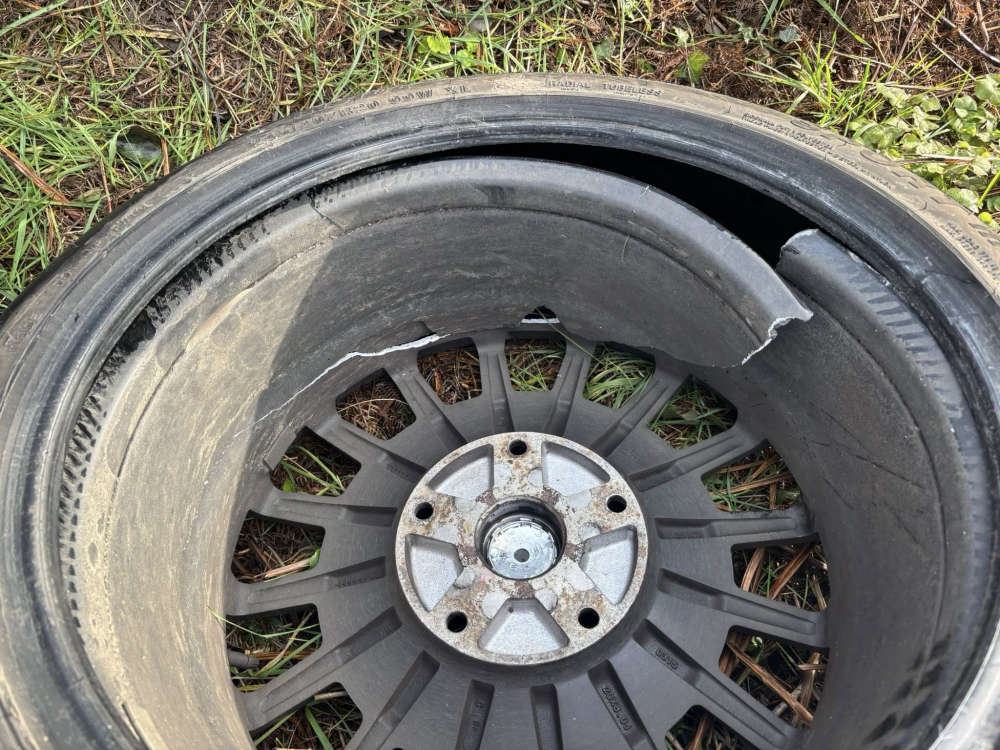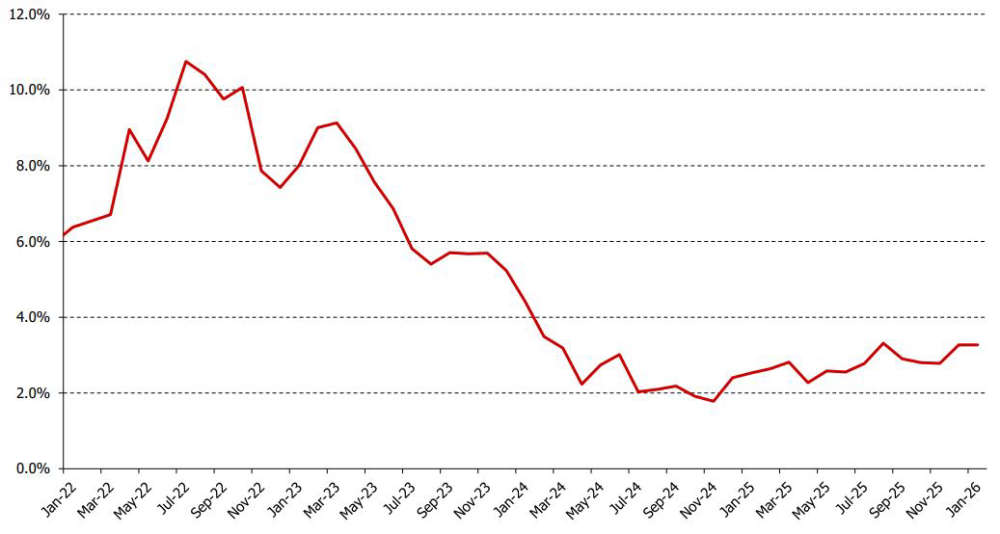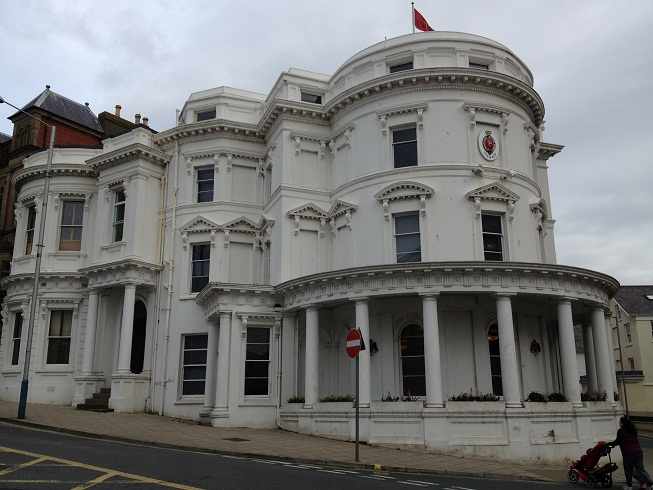
Some Head teachers and deputy head teachers across the Island will take industrial action this September.
It comes as the National Association of Head Teachers (NAHT) has confirmed its members on the Isle of Man have voted to take industrial action at the beginning of the new school year.
It says the decision 'follows months of unresolved negotiations over what the union describes as the ‘misuse of disciplinary proceedings, disregard of agreed policies, and victimisation of union officials’.
Rob Kelsall, NAHT’s assistant general secretary, said:
"This is not a step any head teacher wants to take and it is not a decision that has been taken lightly.
It is about out standing up for the safety, dignity, and fair treatment of members in the face of disgraceful treatment by the education department which may well constitute unlawful conduct. The ball is in the chief minister’s court now to resolve this dispute. We have been in extensive negotiations with the chief executive to try and reconcile our differences. However, we remain some distance apart on key aspects of the dispute.
Of course, we remain ready to hold further discussions with the Isle of Man government to resolve these issues, but it must be willing not just to listen but also to act upon our serious concerns.”
NAHT’s Isle of Man executive originally recommended moving to a formal ballot after an indicative electronic poll showed strong support for action. This came after an emergency meeting where union leaders unanimously backed escalation.
In May, Mr Kelsall wrote to the island's interim chief executive, Mark Lewin, raising a formal collective dispute with the education department.
The union has outlined four critical concerns underpinning the dispute:
- Victimisation of NAHT members and officials, potentially amounting to trade union detriment and breaches of protected employment rights.
- Repeated breaches of the Fairness at Work Policy, failing to uphold fairness, tolerance, understanding, and respect.
- Misuse of disciplinary procedures for teachers, contrary to the principle that such procedures should support professional development rather than impose punitive sanctions.
- Breaches of the Code of Conduct for Public Servants, including a failure to model appropriate leadership behaviours and uphold professional and ethical standards.


 Bar George debts case heads to court
Bar George debts case heads to court
 Do you know these men?
Do you know these men?
 Garage warns of pothole which broke two wheels today
Garage warns of pothole which broke two wheels today
 TT riders will miss special Bray Hill tree
TT riders will miss special Bray Hill tree
 Inflation steady at 3.3 per cent
Inflation steady at 3.3 per cent
 Less than one percent of buildings on council blacklist
Less than one percent of buildings on council blacklist
 Senior Tynwald committee to look at healthcare funding
Senior Tynwald committee to look at healthcare funding
 Government apologises after child benefit problems
Government apologises after child benefit problems



